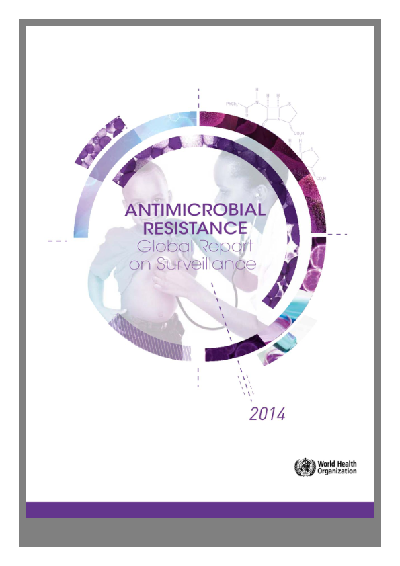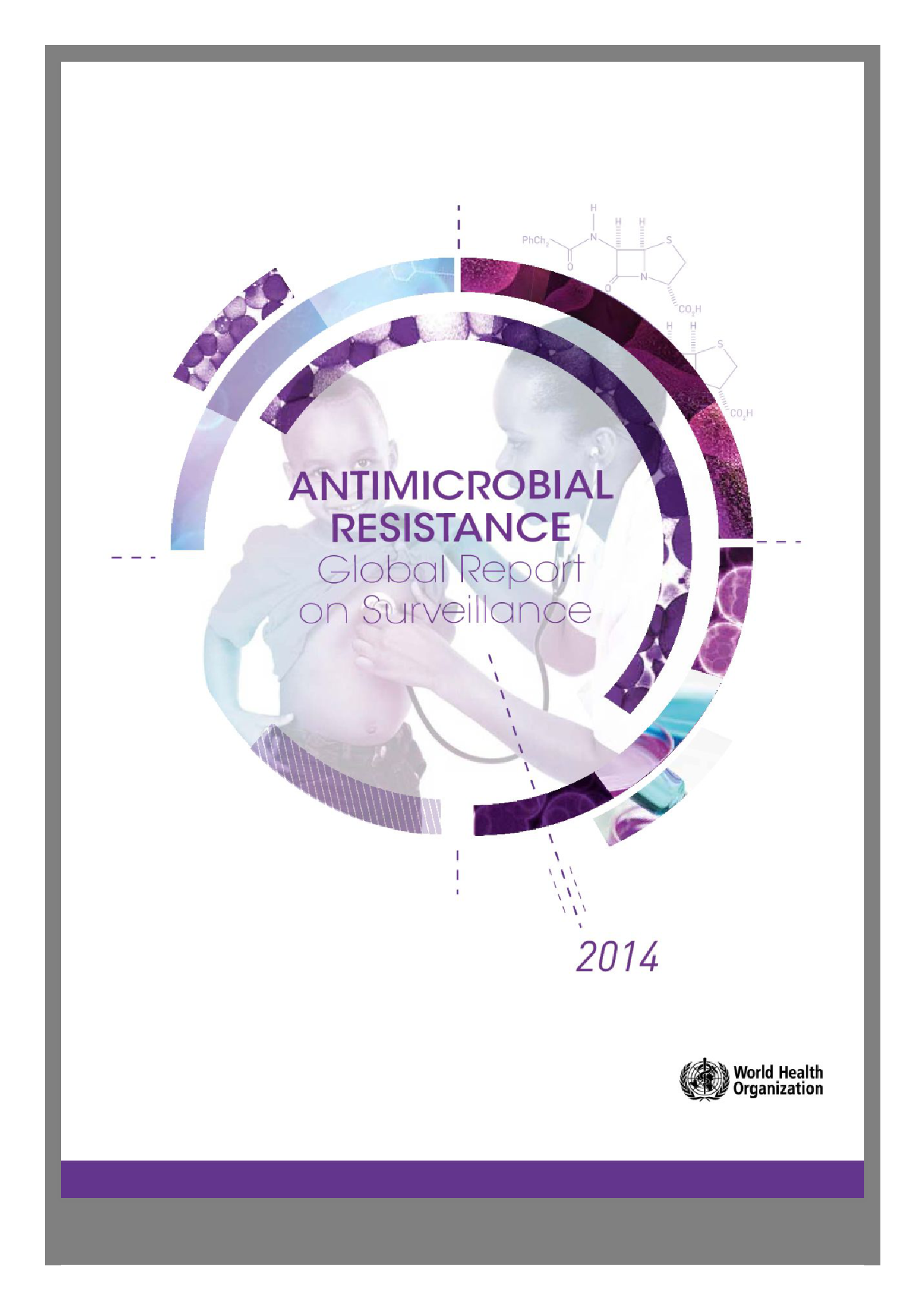



收藏
纠错
结合我国相关文献进行对照分析,当下抗生素耐药情况已经非常严峻,社区获得性和医院治病性细菌感染的致病菌耐药和结核、疟疾、HIV和流感等专项疾病耐药形势依旧严峻,我国细菌耐药不容乐观,必须加强管理。WHO和美国疾病防治中心(Centers for Disease Control,CDC)都为应对抗生素耐药提出了相对完备的建议,WHO认为抗生素耐药的形式是严峻的,但还不至于令人绝望。全球应该能够解决该问题并将其控制住,中国应当在加强抗菌药物临床应用的严格管控,加强对欠发达地区和基层医疗机构的软硬件与信息建设和提高全社会对抗菌药物严格使用的认同上做工作。
2014年抗生素耐药性全球监测报告 Foreword Antimicrobial resistance (AMR) within a wide range of infectious agents is a growing public health threat of broad concern to countries and multiple sectors. Increasingly, governments around the world are beginning to pay attention to a problem So serious that it threatens the achievements of modern medicine. A post-antibiotic era- -in which common infections and minor injuries can kill-far from being an apocalyptic fantasy, is instead a very real possibility for the 21*century. Determining the scope of the problem is essential for formulating and monitoring an effective response to AMR. This WHO report, produced in collaboration with Member States and other partners, provides as accurate a picture as is presently possible of the magnitude of AMR and the current state of surveillance globally. The report focuses on antibacterial resistance (ABR) in common bacterial pathogens. Why? There is a major gap in knowledge about the magnitude of this problem and such information is needed to guide urgent public health actions. ABR is complex and multidimensional. It involves a range of resistance mechanisms affecting an ever-widening range of bacteria, most of which can cause a wide spectrum of diseases in humans and animals. 【更多详情,请下载:2014年抗生素耐药性全球监测报告】
